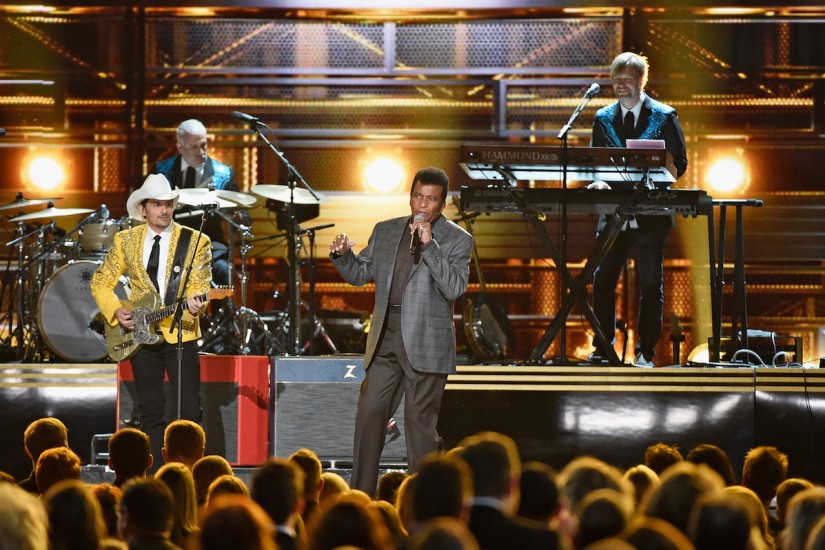There’s a story told about the performer Charley Pride that goes something like this. Pride takes to the stage to thunderous applause. Then he walks into the spotlight and the venue falls silent. The audience has realized that Pride, a smooth-voiced mainstay of country music, is black. But Pride starts to perform anyway, and soon the crowd is dazzled.
It’s a nice idea: when an extraordinary musician performs, prejudices fade away and race no longer matters. And it can certainly seem like race didn’t matter for Pride. He has sold 70 million records during his career, has legions of fans, and last year received a Lifetime Achievement Award at the Grammys. Dig a bit deeper, however, and it’s clear that Pride’s life reveals a more complicated tale about the relationship of country music to race in America.
Part of the complication comes from the myth that country music is a white genre, because the West was white. The popular mythology of cowboy culture may have been aggressively white, but there was always a black West. Black cowboys were a fixture of the American West as early as the beginning of the 19th century. Following the Civil War, former slaves found freedom on the open range, becoming horsebreakers, rodeo performers, and even ranch foremen. Historians now estimate that as many as one in four cowboys was black. Country music grew out of both white and black folk traditions and came to be thought of as “white,” but there were always black folk performers, too, even if many of their contributions have been lost to history.
Born in 1938, into a sharecropper family with 11 children, Pride grew up in Sledge, Mississippi. His first love was baseball, if only for the promise it offered of a life beyond the cotton fields. “I remember when Jackie Robinson first went to the major leagues that I was picking cotton beside my dad and I said, you know, here’s my way out of this cotton field,” Pride told NPR in 2017. “So my dream was to go to the major leagues and break all the records.” After an illustrious baseball career, he figured he’d turn to singing, “by the time I was 35 or 36.”
Instead, Pride pursued the two paths simultaneously, pitching for the Memphis Red Sox and other Negro American League baseball teams. (He and another player were at one point traded to the Birmingham Black Barons in exchange for a team bus.) After an injury, he ended his major league aspirations, Pride played for the East Helena Smelterites, a company team in Montana.
